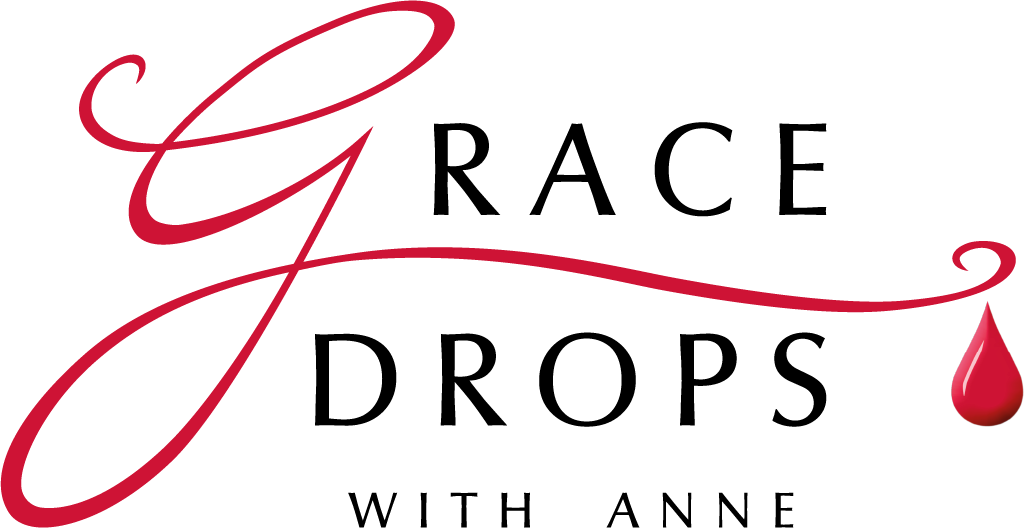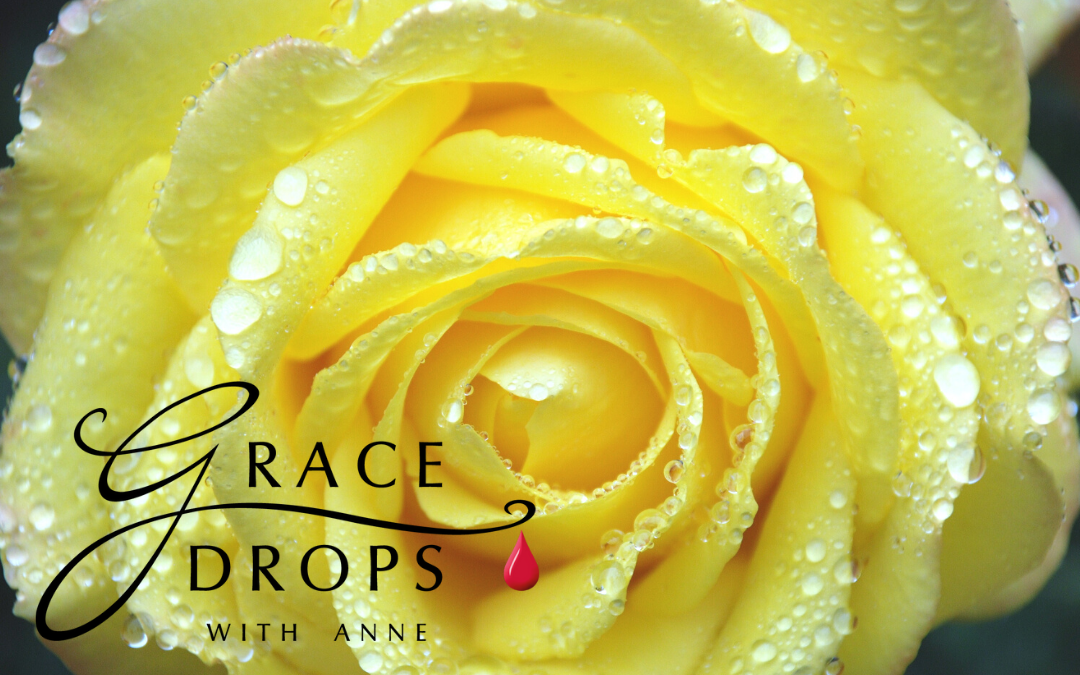After the prophet Ezekiel has his famous vision of the Valley of Dry Bones, God tells him to take two sticks and bind them together as a symbol of the single unity He intends to make of the Kingdom of Judah and the tribes associated with Joseph. God then promises:
‘I will make a covenant of peace with them; it will be an everlasting covenant. I will establish them and increase their numbers, and I will put My sanctuary among them forever.’
Ezekiel 37:26 NIV
The first time a ‘covenant of peace’ is mentioned in Scripture is when God gifts one to Aaron’s grandson Phinehas. It happened on the far side of the Jordan when the Israelites, on the verge of the Promised Land, were beguiled into worshipping Baal Peor, ‘the lord of the opening’.
‘An Israelite man brought into the camp a Midianite woman right before the eyes of Moses and the whole assembly of Israel while they were weeping at the entrance to the tent of meeting. When Phinehas… saw this, he left the assembly, took a spear in his hand and followed the Israelite into the tent. He drove the spear into both of them… Then the plague against the Israelites was stopped; but those who died in the plague numbered 24,000.
The Lord said to Moses, “Phinehas son of Eleazar, the son of Aaron, the priest, has turned My anger away from the Israelites. Since he was as zealous for My honour… I did not put an end to them in My zeal. Therefore tell him I am making My covenant of peace with him. He and his descendants will have a covenant of a lasting priesthood, because he was zealous for the honour of his God and made atonement for the Israelites.”’
Numbers 25:6–13 NIV
This is a problematic passage, to say the least. Or, more accurately, it’s a problematic translation. At first sight, it apparently suggests the prerequisite of a covenant of peace is honour killing. Violence creates the grounds for receiving this most rare of blessings. A superficial reading would suggest that, to receive this grace-gift, we should all buckle up in the role of religious vigilantes.
But this passage does not, in fact, promote fanaticism. There’s one word in it that is translated adequately, but with serious eccentricity. It occurs when Phinehas is described entering the tent. In the original language, he entered the curse. In fact, every other instance of this word found in Hebrew is translated curse, not tent.
This is precisely what Jesus did when He took on sin at the cross. It illuminates what Phinehas did: he knew the law for murder but made the decision that, if he had to die to save his people, along with Zimri and Cozbi, then that was the price that had to be paid.
A covenant of peace comes through voluntary oneness with a curse. That’s why it’s so rare.
This is Grace Drops and I’m Anne Hamilton. May you truly know Yahweh Shalom now and evermore.
Thank you to Lorna Skinner of www.riversofmusic.co.uk for the background music.

Covenant is at the heart of the Christian faith. It’s necessary to understand it in order to understand what can go wrong with it and how covenant violation affects our ability to come into our life’s calling. The Covenant Series of books begins with God’s Poetry, available as both print book and e-book. Threshold covenant is introduced in God’s Pageantry, from Armour Books.

